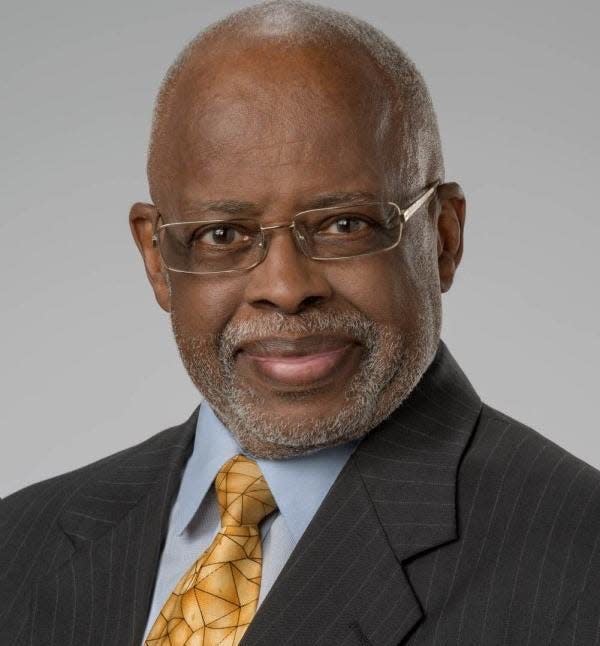OPINION: MLK's words on health equity still ring true

- Oops!Something went wrong.Please try again later.
In 1966 – about one year after I completed medical school – the Rev. Martin Luther King Jr, said the following about health care and the underserved in America:
"Of all the forms of inequality," King said, "injustice in health is the most shocking and the most inhuman because it often results in physical death."
Think about it: The words King spoke rang true in 1966. But don't they ring just as true today in 2022?
No, conditions may not be as severe today as they were in 1966 – a time when King saw the clear injustices in the health care system and bravely declared that discrimination against black patients, nurses, doctors and others could no longer be tolerated.
Today there are no segregated hospitals, physician's offices, clinics or other health care locations. And today we can receive health care wherever we want most of the time. However, there are still disparities in the availability of health care – and there are still obstacles to providing health equity for all Americans.
Health equity means giving patients the care they need when they need it – or as the Institute of Medicine put it, “providing care that does not vary in quality because of personal characteristics such as gender, ethnicity, geographic location and socioeconomic status.” Yet we can all think of situations where health equity is not a reality, and that's because the social determinants of health are still getting in the way.
That's why it's so encouraging that we're beginning to make real progress on the path toward health equity.
There are more screenings and more shots being administered in more neighborhoods. There are more free mammograms and more free or low-cost drugs available to more patients. And there are clear signs of the great care being shown by our local providers, hospitals, health care leaders and medical staffers.
But we cannot rest. And we all have work to do to bring about health equity
You can do your part by making your appointments, talking to your doctors and nurses, and sharing your information. You can also do your part by taking your medications as prescribed, knowing your vital numbers, getting your COVID vaccine shots and encouraging those you love to become vaccinated, too.
Meanwhile, the physicians and health care professionals of the Gulf Coast Medical Society are also doing their part each day to advance the cause of health equity in our area. The Gulf Coast Medical Society is an official affiliate of the National Medical Association, and it works to serve the collective interests of patients and physicians in Charlotte, Sarasota and Manatee counties.
Comprised of dedicated medical professionals who are committed to collaboration, the Gulf Coast Medical Society strives to improve health and wellness – and expand equal access to quality care – in our vulnerable and underserved populations. That's what we do.
For details on the Gulf Coast Medical Society, visit www.gulfcoastmedicalsociety.org.
Reach out to us!
Washington Hill is a Sarasota obstetrician-gynecologist and a member of the Gulf Coast Medical Society. Email: dr.washingtonhill@gmail.com.
This article originally appeared on Sarasota Herald-Tribune: Let's honor MLK's legacy by creating health equity in America
